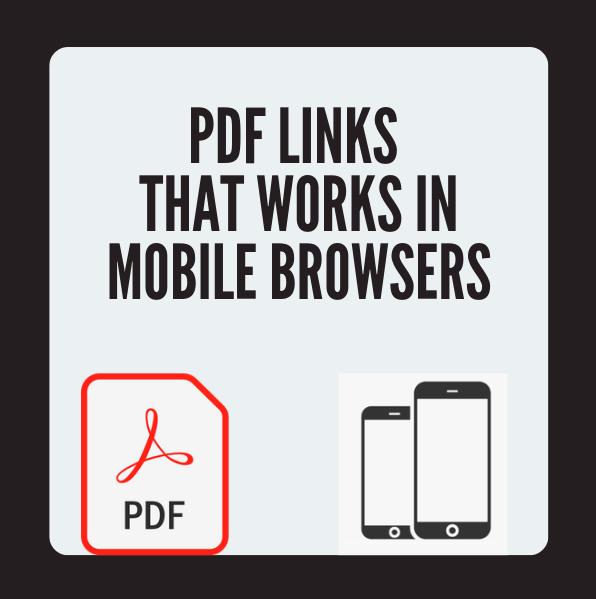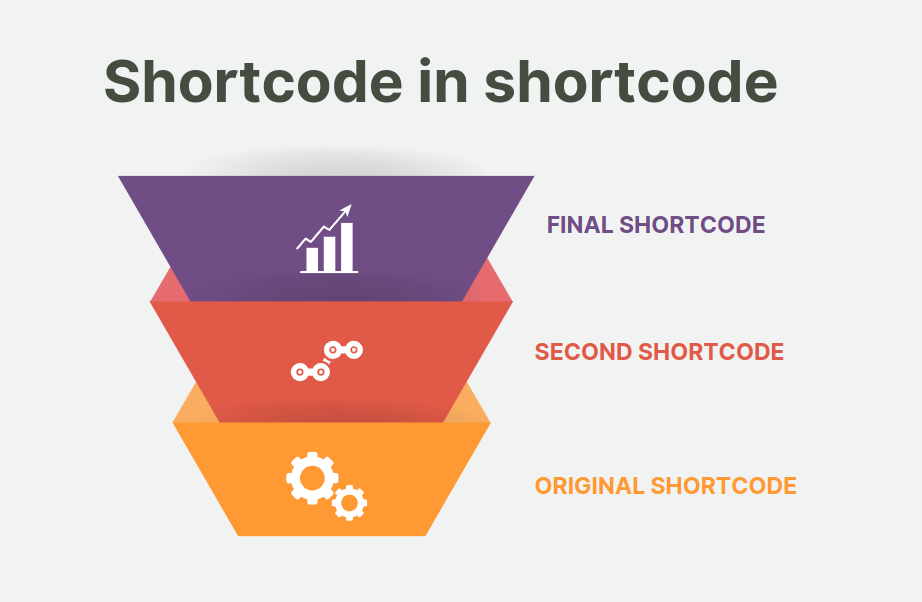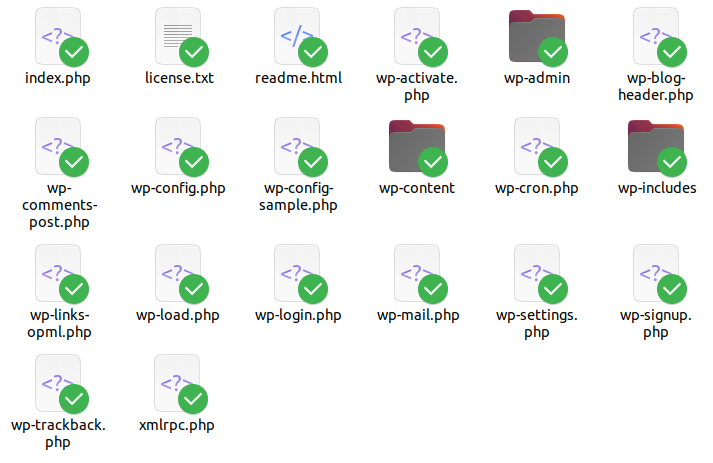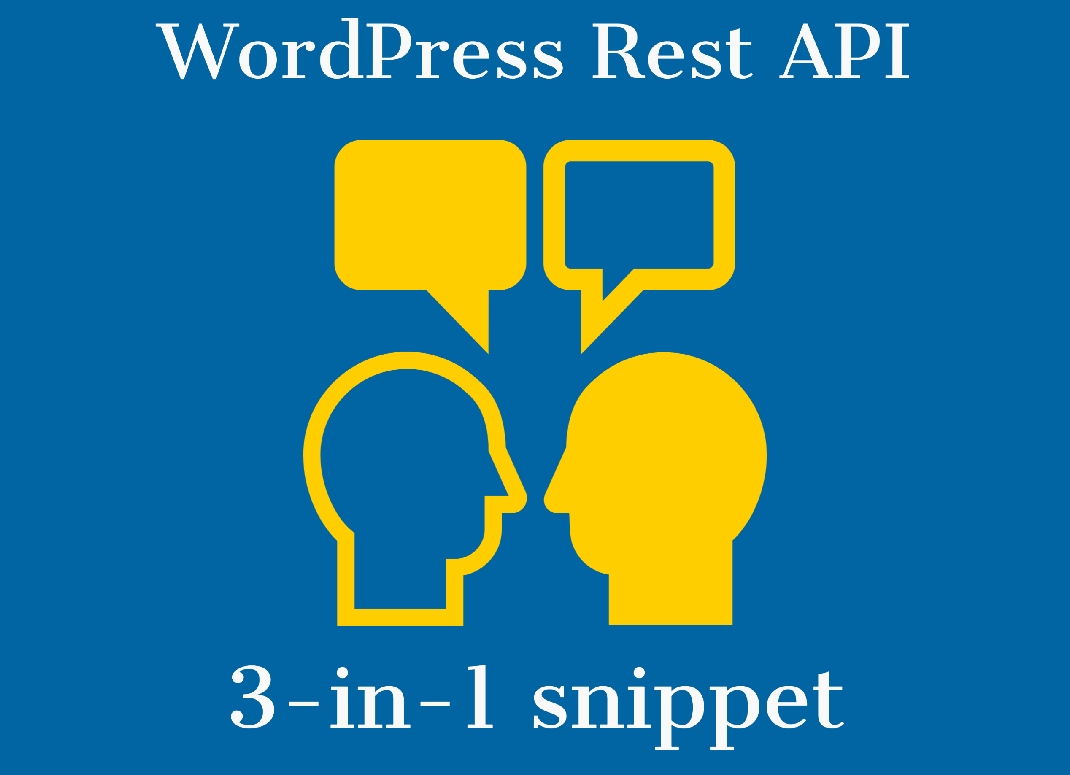In some mobile browsers PDF links might not work properly.
Instead of downloading, its tab just disappears immediately after opening. And we get no downloaded PDF.
Auto-close, auto-disappear – whatever you call that – but the problem exists.
So for WordPress websites, here is how to skip this pdf-download block for mobile browsers.
We will use pseudo-page link in order to bypass that block.
I mean, instead of direct links to PDF, we will use pseudo-pdf link which doesn’t look like PDF, but actually returns PDF header and body.
Let’s say that we have a PDF ile in “wp-content/uploads/2022.pdf”.
Continue reading “How to create downloadable PDF link that works in all mobile browsers – Chrome, Safari etc.”







